Story Analysis of The Last of Us
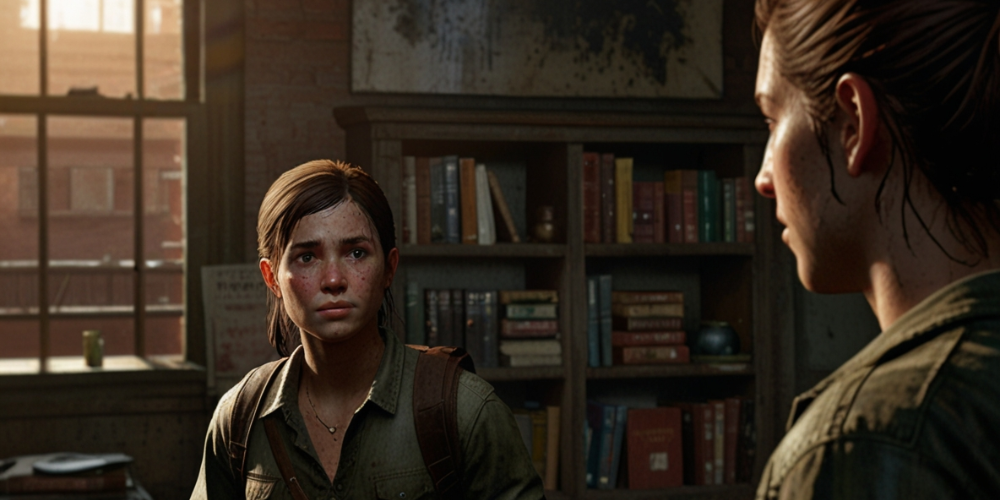
As I journey through the haunting world of The Last of Us, I find myself drawn into a narrative that feels as raw and genuine as the characters I encounter. This isn’t just a game; it’s a profound exploration of human connection amidst a backdrop of chaos and despair. Every moment spent in this world is a dialogue not only between characters but also with myself. It challenges my perceptions, evokes deep emotions, and ultimately tells a story that transcends the confines of its digital environment.
Character Development
In The Last of Us, character development takes center stage. Joel and Ellie, the main protagonists, are brought to life through complex backstories and motivations. The depth of their individuality makes them incredibly relatable, and as I follow their journey, I begin to understand the places they come from. Joel, a hardened survivor, is shaped by loss and despair. His character arc is not just about survival; it’s about grappling with the ghosts of his past. Ellie, on the other hand, is a beacon of hope, representing innocence amidst savagery. Her growth from a vulnerable child to a fiercely independent young woman is beautifully crafted. I find myself invested in their evolving relationship, which feels remarkably authentic.
Thematic Exploration
The themes within The Last of Us are intricately woven into the fabric of the narrative. Survival, love, and the moral complexities of human nature compel me to reflect on my values and beliefs. The game invites me to ponder the price of survival: what would I do to protect those I love? The constant struggle with ethical dilemmas keeps me questioning the characters’ choices, blurring the lines between right and wrong. I realize that in this world, survival often comes at a heartbreaking cost.
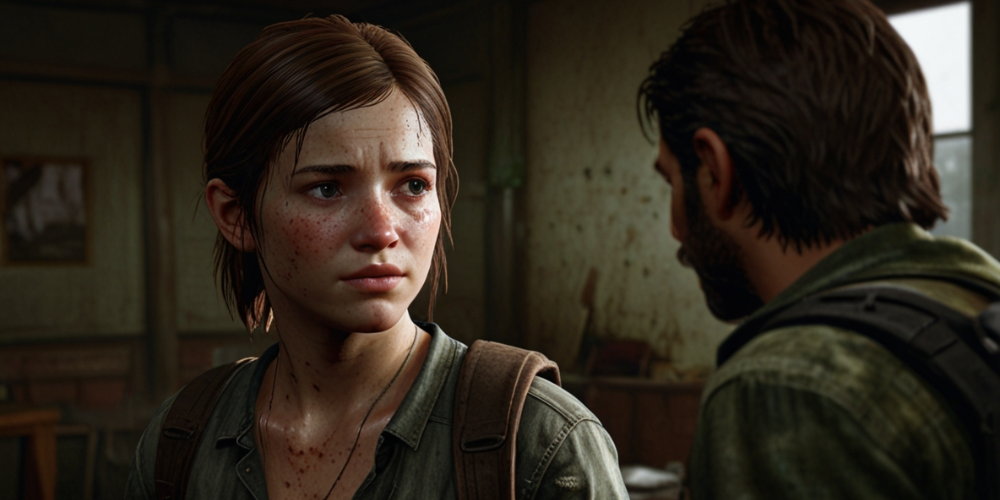
Emotional Weight
From the very beginning, I am hit with an emotional gravitational pull that stays constant throughout the game. The opening sequence, with its heart-wrenching portrayal of loss, sets the stage for a narrative filled with tenderness and brutality. Each encounter I experience—whether it’s a moment of laughter between Joel and Ellie or an encounter that shatters my heart—adds layers to the emotional tapestry. I feel the weight of their experiences, and I can’t help but feel the sadness that colors their world.
World-Building
The setting of The Last of Us is as much a character as Joel and Ellie. The post-apocalyptic world is meticulously crafted, with remnants of society telling stories of their own. As I traverse the overgrown streets of Boston or explore the silent ruins, I am immersed in a landscape filled with history. Each corner I turn reveals a relic of the past—decayed newspaper headlines, abandoned homes, and graffiti that provide a glimpse into the lives once lived here. This world feels lived-in, contributing to the overall richness of the narrative.
Symbolism and Foreshadowing
Delving deeper, I notice the thought-provoking symbolism present throughout the game. The depiction of plants, especially in showing nature taking over an abandoned world, symbolizes resilience both literally and metaphorically. The infected serve as horrific reminders of what humanity has lost but also symbolize the potential for hope and redemption. The recurring motif of the firefly—an emblem of hope—plays a vital role in shaping Ellie’s identity and her quest. The careful foreshadowing sprinkled throughout the narrative keeps me engaged, forcing me to consider what lies ahead for the characters.
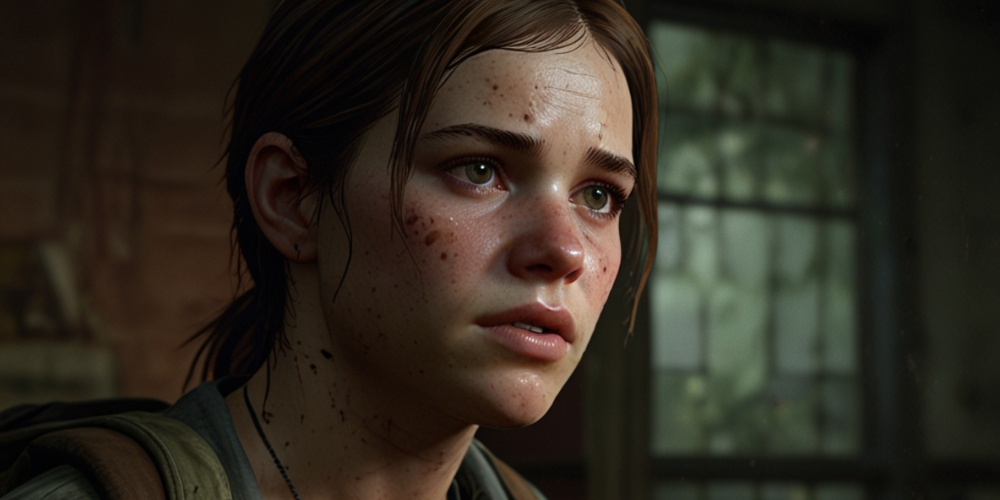
Dialogue and Relationships
Dialogue in The Last of Us is incredibly impactful, serving as a window into the characters’ souls. The conversations between Joel and Ellie range from humor to heartfelt discussions, illustrating their evolving bond. These exchanges feel so relatable; they touch on universal themes of love, fear, and survival. As I listen to their banter, I can’t help but feel a sense of camaraderie with them, as if I am a part of their journey. The emotional nucleus of the narrative is their relationship, offering stability amidst the occasionally tumultuous happenings.
Gameplay Mechanics and Narrative Integration
The interplay between gameplay mechanics and narrative in The Last of Us is masterfully executed. As I navigate through levels, the gameplay flows seamlessly with the story. The limited resources reflect the harsh realities of survival, and my decisions about when to engage or evade enemies carry weight in a way that feels aligned with the narrative tone. Stealth mechanics emphasize the sense of vulnerability; I often find myself holding my breath as I sneak past dangers. At times, the gameplay feels like a direct extension of the emotional stakes represented in the story.
Sound Design and Musical Score
The sound design in The Last of Us heightens the overall experience, immersing me deeply in its world. From the muffled sounds of distant infected to the haunting score by Gustavo Santaolalla, every auditory element is crafted to evoke emotion. The music encapsulates the bittersweet moments of the journey, swelling during poignant scenes and fading into silence during tense encounters. This meticulously constructed soundscape shapes my experience; it feels almost like a character in its own right, guiding me through moments of tension and hope.
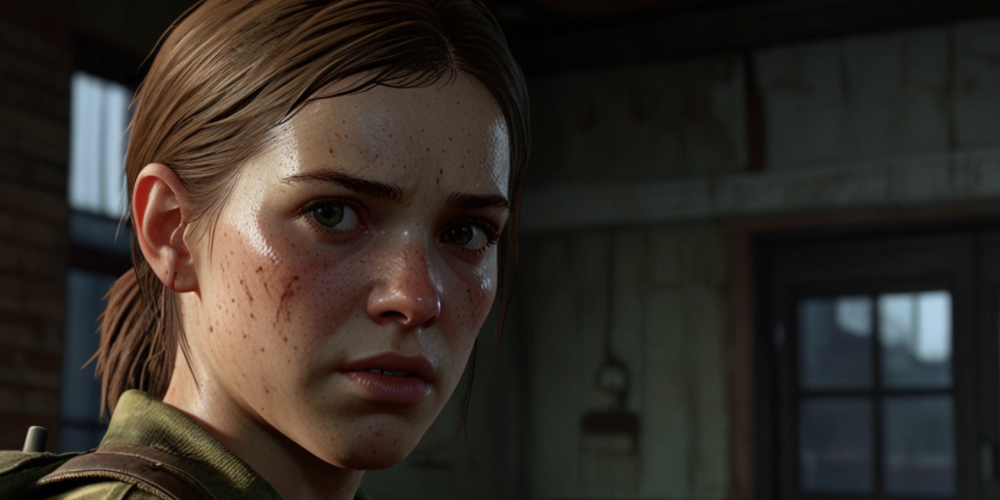
Symbolic Use of Nature
Throughout The Last of Us, nature plays a symbolic role that I find deeply compelling. As I explore the abandoned urban landscapes, I witness flora growing through concrete, a testament to the enduring power of life. This imagery serves as a counterpoint to the desolation that surrounds Joel and Ellie. Nature’s reclamation of the world becomes a motif of resilience, suggesting that even in the darkest of times, hope can sprout in the most unexpected places.
Perspective Shifts
One of the most profound aspects of The Last of Us is its shifts in perspective. While the focus is primarily on Joel and Ellie, there are moments when I am given glimpses into the lives of others. These brief detours provide a fascinating insight into the broader world and the range of human experiences. It showcases the stark realities of survival and humanity's descent, creating a multifaceted narrative that transcends the individual characters. I often find myself contemplating how these interconnected lives echo throughout the journey of Joel and Ellie.
Morality and Choices
As I progress through the story, I am constantly confronted with moral dilemmas that challenge my own ethics. The game cleverly places me in situations where every choice has consequences, evoking a sense of responsibility. The ambiguous nature of right and wrong permeates the narrative; as I make decisions, I can’t help but question the morality behind every action. This complexity adds depth to the narrative, engaging me in a philosophical exploration of humanity’s darkest impulses.
The Use of Silence
Silence in The Last of Us is as impactful as dialogue. There are moments when the world around Joel and Ellie falls silent, amplifying the gravity of their circumstances. The absence of sound often leads to a heightened sense of tension, forcing me to acknowledge the fear and anxiety that linger in the air. In these quiet moments, I can feel the emotional weight of their journey, a powerful reminder that sometimes, silence speaks louder than words.
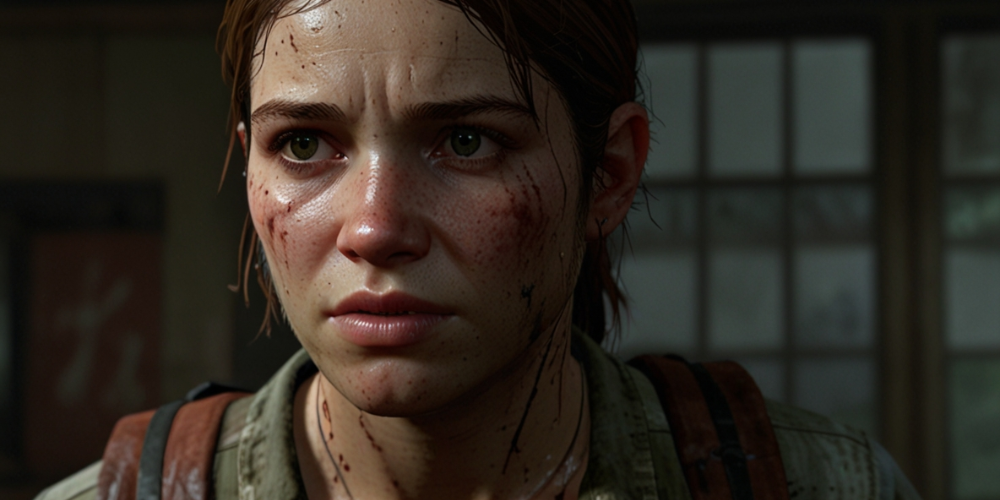
Artistic Aesthetics
Visually, The Last of Us is a breathtaking masterpiece. The artistic direction combines realistic environments with a painterly style, creating a stunning visual narrative. As I navigate through beautifully rendered landscapes—lush forests, dilapidated buildings, and hauntingly empty streets—I am constantly in awe of the detail. The use of lighting, color palettes, and environmental storytelling enhances the emotional tone of the game, drawing me deeper into its world. Each frame feels like a work of art, reinforcing the beauty and tragedy of the story.
Final Thoughts on the Journey
The Last of Us isn’t just a tale of survival. It delves into the essence of humanity when confronted with incomprehensible grief. Through the intricacies of the story, I am led to confront my own beliefs about relationships, morality, and the fragility of life. The emotional landscape I traverse alongside Joel and Ellie resonates with an intensity that lingers long after the credits roll. My experience with this game transcends entertainment; it’s a heartfelt journey that has changed the way I view narratives in gaming.







